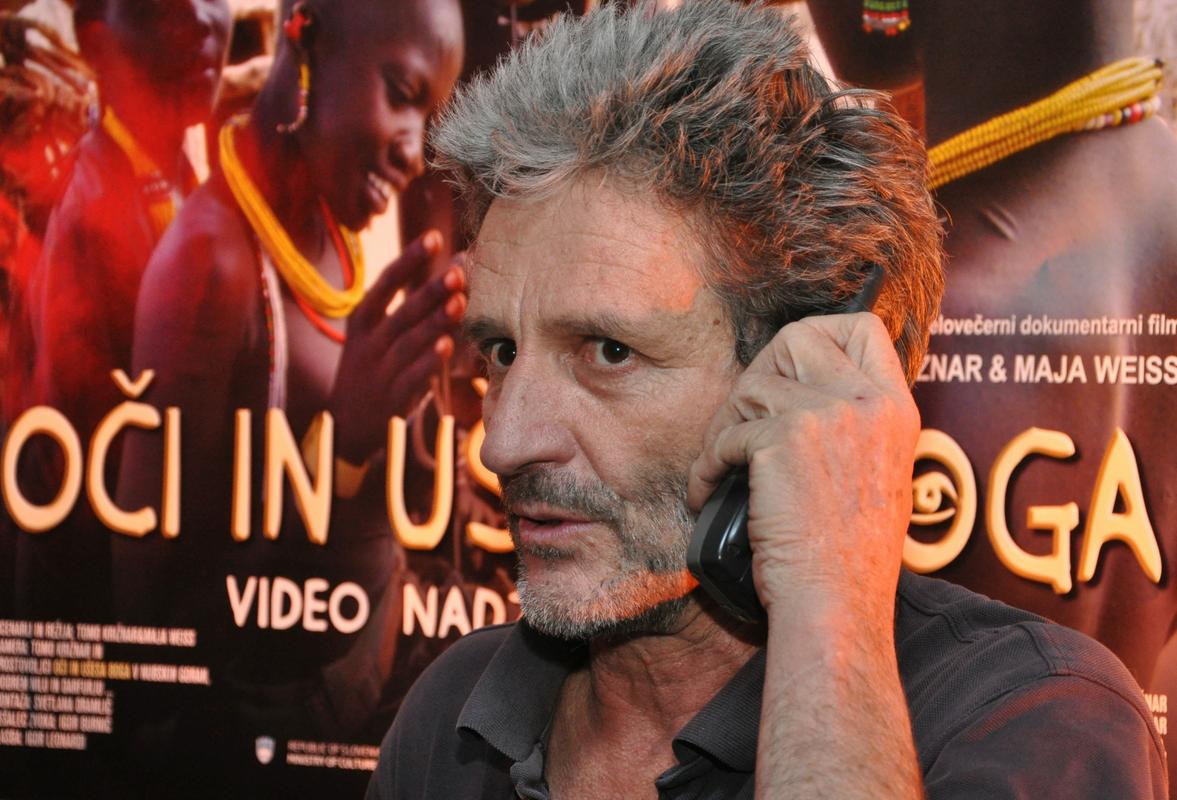
Responding to a question by RTV Slovenia reporter Mirjam Muženič about how he was treated, Križnar said: “The same way they treat the Nuba people. We drank water from the Nile, and it had a fishy smell. Every day we ate the same food, some kind of mush with beans. I witnessed whippings. I was not allowed to talk to anyone. Two guys were caught exchanging a word with me after three days, and they were whipped in front of me. I’m lucky to be here, but those people, all 500,000 of them, are still there.”
According to Muženič, Križnar was looking for a way to cross an oil field. His mission was to bring a 175,000 euro water pumping device into the Nuba Mountains. South Sudan authorities arrested him on May 19 because he did not have the right documents on him. They also seized his camera and later his phone card. He was released from jail this past weekend after an intervention by the Slovenian Foreign Ministry.
An excerpt from an interview with Križnar on TV Slovenia:
Why were you incarcerated? What were you accused of?
I was accused of spying in the oil fields below the Nuba Mountains. They thought I was trying to establish contact with the local rebel groups that are fighting against Juba. They also thought that I had used a drone to record the infrastructure demolished by the Dinka and Nuer people. I saw things I shouldn't have seen, and I heard things I shouldn't have heard. They tried to scare me into never returning. That’s what countries with strong national security services do, especially if they’re developing countries. I’m not particularly interested in South Sudan, I’m interested in the Nuba Mountains and the indigenous people living across the border. When I finally made it plain to them that that is what I was there for, they let me go. However, this wouldn’t have been possible without diplomatic action – or without my wife who organized a political pressure campaign.
How were you and your fellow inmates treated in jail?
(laughs) Everyone should spend some time in such a jail. It would make you appreciate the clean air we have here. There was no air in those filthy cells. We had no rights, no visitors. If you’re sick, you can die there. We had no mosquito nets, so many people contracted malaria. Among the inmates were a doctor and political prisoners – they had been there for two or three years. They told me a number of horror stories. For instance, there was this doctor who – during the 2013 war – opened the doors of his church to victims, children, women and civilians. He has been tortured for 3 years on charges of supporting rebels. Journalists and reporters who expose these practices are in for a lot of trouble. I haven't told you anything new. This is Africa, you know.
How have the conditions in the Nuba Mountains changed? Do you plan on going back to South Sudan after everything you have been through?
The conditions have changed for the worse. The indigenous people have to die or disappear. They have stepped up surveillance and controls, even independent people are now denied access. But we will not be cowed. This run-in with their national security services will help us devise a strategy to bring the water pumping device into the Nuba Mountains. We have now established contact with everyone who interrogated me, including the director general, and I believe they will help us pull off what seemed impossible at first.
K. Št.; translated by D. V.

































































